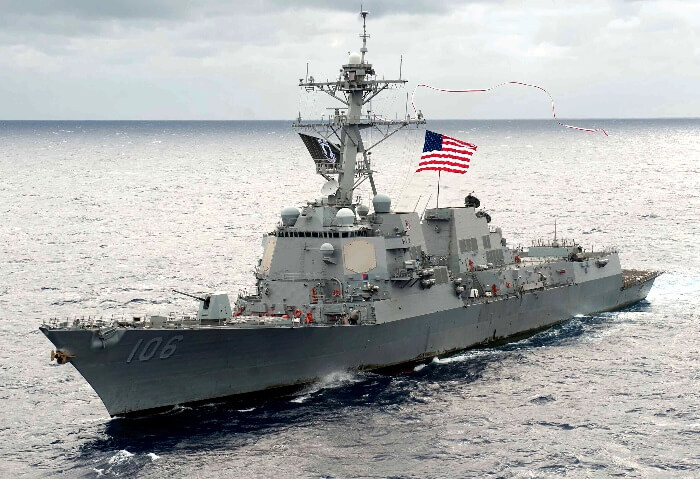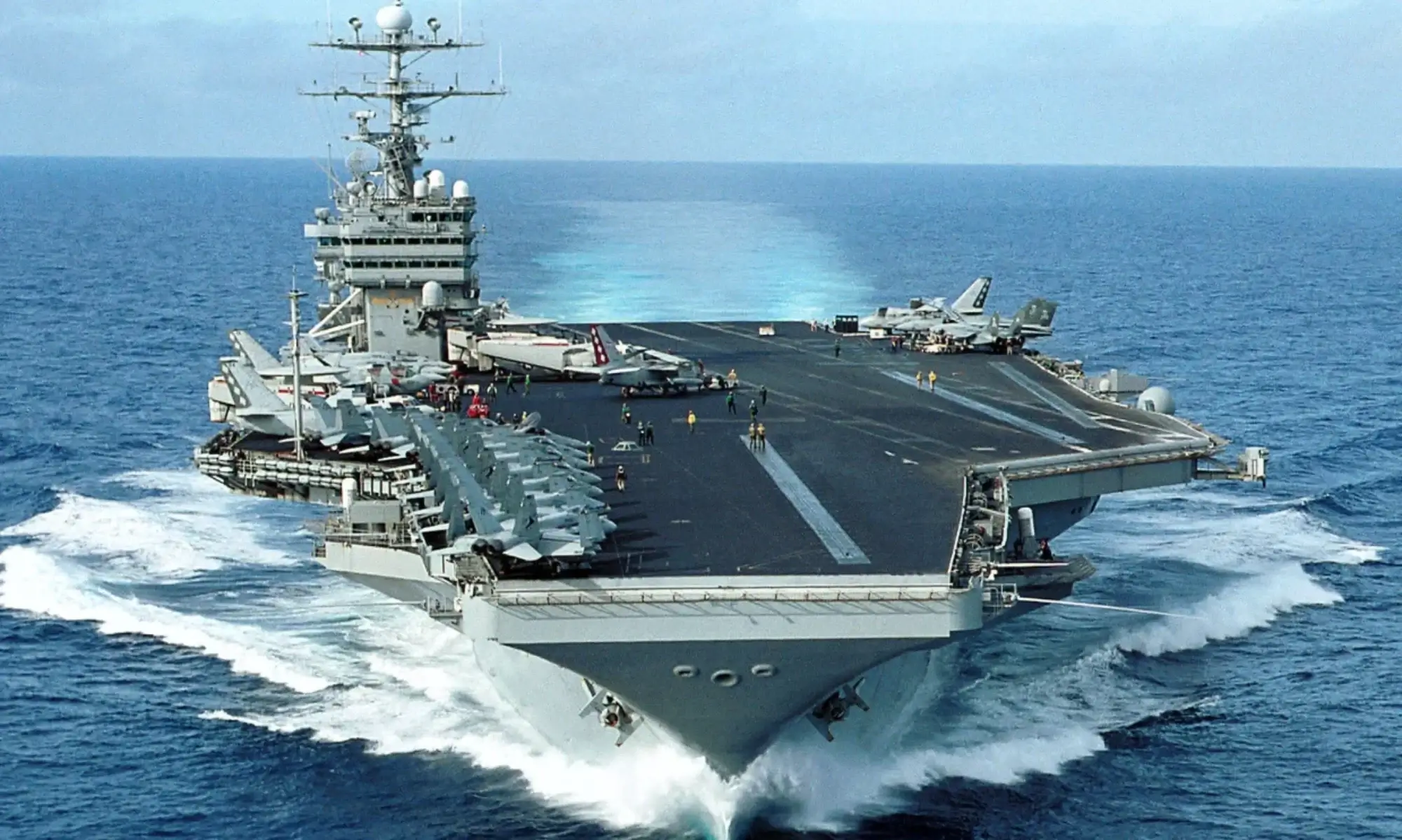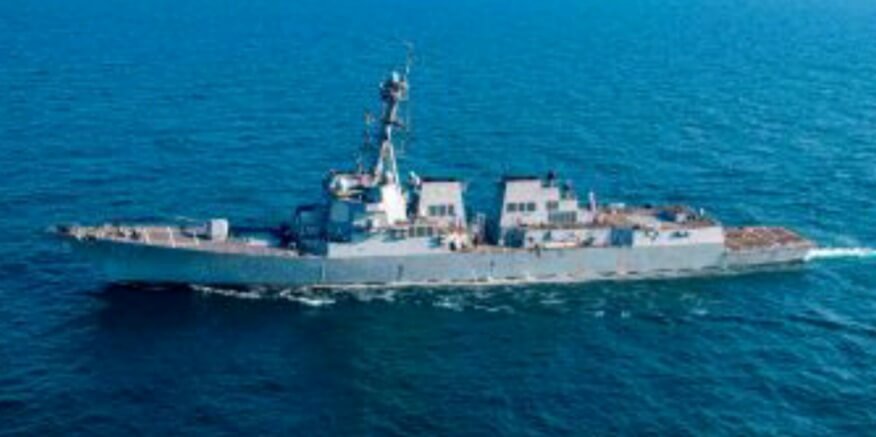
Introduction
The U.S. Navy, long prepared to engage global powers like Russia and China, now finds itself in an intense combat scenario against the Iran-backed Houthi rebels in Yemen. This conflict represents the most sustained naval combat the U.S. has experienced since World War II. The Houthis, equipped with an array of sophisticated weaponry, pose a significant threat to international waterways, necessitating daily vigilance and rapid response from U.S. naval forces. This article explores the key takeaways from this ongoing conflict, its implications for the Navy and the broader implications for the United States.
Key Takeaways
- Increased Combat Frequency: The U.S. Navy faces near-daily attacks from Houthi rebels, necessitating a high state of readiness and continuous operational engagement.
- Sophisticated Enemy Tactics: The Houthis employ advanced drones, missiles, and other weaponry, challenging the Navy’s defense capabilities.
- Strategic Importance: The Red Sea corridor’s significance for global commerce underscores the critical nature of the Navy’s mission to keep these waterways open.
- Iranian Involvement: Evidence of Iran’s financial, intelligence, and training support for the Houthis highlights the broader geopolitical stakes of this conflict.
- Operational Strain: Prolonged deployments and intense combat conditions are placing significant strain on Navy personnel and resources.
Implications for the Navy
The sustained combat against the Houthis has several implications for the U.S. Navy:
- Operational Readiness: The near-constant state of engagement demands unparalleled levels of readiness and resilience from naval forces. Ships like the USS Laboon must be prepared to respond to threats instantaneously, underscoring the need for continuous training and advanced technological support.
- Resource Allocation: Prolonged deployments and high operational tempo necessitate a re-evaluation of resource allocation, including the need for additional support ships, advanced defensive systems, and increased logistical support.
- Personnel Impact: The physical and mental strain on sailors engaged in continuous combat operations cannot be understated. Addressing issues of morale, fatigue, and overall well-being is essential for maintaining an effective fighting force.
Implications for America
The broader implications of this conflict for the United States include:
- Geopolitical Dynamics: The conflict underscores the strategic importance of the Middle East and the Red Sea corridor for global commerce and security. Ensuring the safe passage of commercial vessels through these waters is vital for economic stability.
- National Security: The involvement of Iran in supporting the Houthis highlights the ongoing geopolitical challenges posed by state and non-state actors in the region. This conflict serves as a reminder of the complexities of modern warfare and the need for robust national security strategies.
- Economic Impact: The disruption of shipping routes due to Houthi attacks has significant economic implications, including reduced revenue for the Suez Canal and broader impacts on global trade. Ensuring the security of these routes is crucial for maintaining economic stability.
Conclusions
The U.S. Navy’s engagement with the Houthi rebels represents a significant and sustained combat challenge. The implications for the Navy and the United States are profound, ranging from operational readiness and resource allocation to broader geopolitical and economic impacts. As the conflict continues, it is imperative that the U.S. Navy remains adaptable, resilient, and prepared to address the evolving threats posed by the Houthis and their supporters. The strategic importance of maintaining secure international waterways cannot be overstated, and the dedication of U.S. naval forces in this mission is both commendable and critical for national and global security


